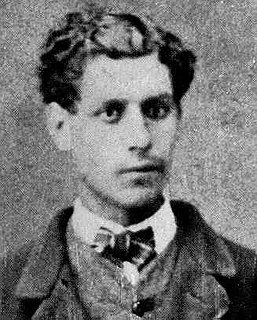A Quote by Lord Chesterfield
A vulgar man is captious and jealous; eager and impetuous about trifles. He suspects himself to be slighted, and thinks everything that is said meant at him.
Related Quotes
He had said, "I am a man," and that meant certain things to Juana. It meant that he was half insane and half god. It meant that Kino would drive his strength against a mountain and plunge his strength against the sea. Juana, in her woman's soul, knew that the mountain would stand while the man broke himself; that the sea would surge while the man drowned in it. And yet it was this thing that made him a man, half insane and half god, and Juana had need of a man; she could not live without a man.



































